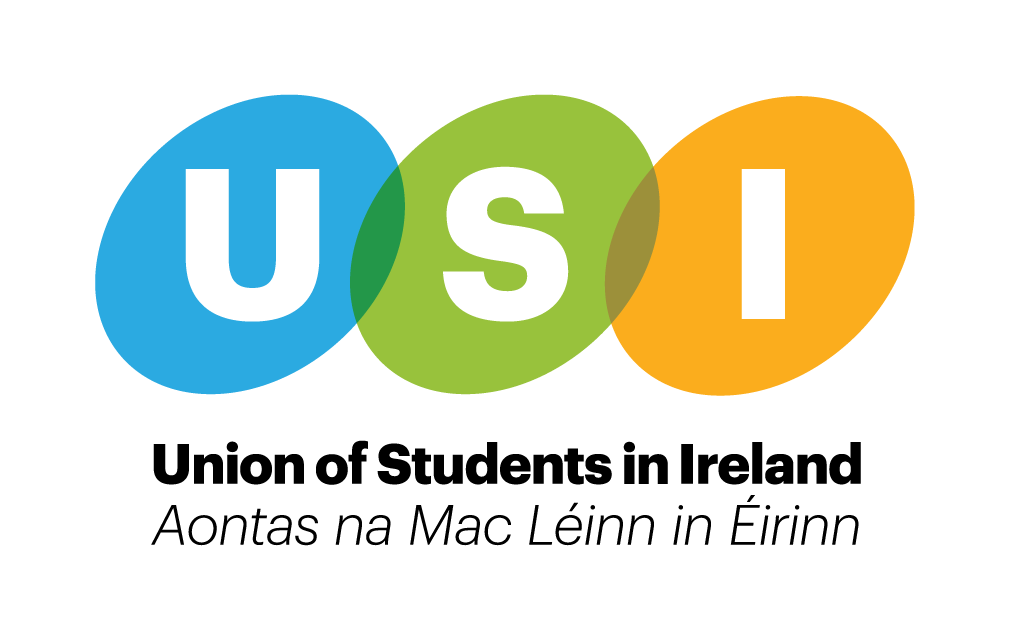On January 25 at the National Council, the Union of Students in Ireland (USI) unanimously passed a proctoring motion proposed by Trinity College Dublin Students’ Union (TCDSU) and the Vice President (VP) for Academic Affairs.
In a research document, “The Case Against Proctorio”, prepared by TCDSU, “considerable concerns” regarding the safety and ethics of the software were outlined.
Proctorio is one of many online proctoring softwares where “the primary function … is to police academic performance by monitoring academic integrity during exams”.
Specifically referencing Proctorio, TCDSU notes: “Across the world, students, staff and institutions have decided against Proctorio due to how problematic it is, like the University of California, Berkeley.”
“We would not want to associate with such a company that so viciously persecutes any and all opponents, contrary to public debate and freedom of expression that we hold so dear as an academic community.”
The software requires students to share their image, audio, and computer screen, recording everything while in use. Proctorio then submits the recording to the student’s institution for review, flagging content and behaviours the software deems academic dishonesty.
In “The Case Against Proctorio”, TCDSU highlights various arguments demonstrating the danger of the software.
“There are considerable GDPR concerns associated with the implementation of Proctorio,” they said. TCDSU recall how in December 2020, after having trialled Proctorio for School of Medicine undergraduates in College, it was decided the software would also be utilised for postgraduates.
At the time the Trinity College Dublin Graduate Students’ Union (TCDGSU) cited “that it would be contrary to data protection law and therefore the software was pulled for the postgraduate cohort”.
College’s School of Dental Science also experienced difficulty when attempting to implement Proctorio, experiencing “a lot of inflexibility … in terms of its settings”.
According to the 2020-2021 Trinity College Dublin Health Sciences Faculty review: “It is very labour-intensive, adding extra stress on our already overworked academic and administrative staff.”
Technological issues and financial costs are also cited as issues associated with the software.
“Common technological issues identified with the software … included students being thrown out of the system and losing exam time to get back in, something which may form grounds for appeal, and therefore lose various departments valuable time to manage day-to-day affairs.”
In terms of finances, the TCDSU research document states: “There is a financial cost to using Proctorio, with an annual user fee of €12-15 depending on the volume of licences purchased”.
“If there are around 20,000 or so students at Trinity College Dublin, the yearly fee for us would be 20,000 €12 which would be a whopping €240000, almost €0.3 million. This money can surely be spent better elsewhere, such as on welfare supports, extra amenities for students and infrastructure improvements.”
Both the research document and the National Council proctoring motion identify matters of “welfare, privacy, accessibility and bias” as crucial problems arising from the use of Proctorio”.
“The scanning of a student’s room and the collecting of information about a student’s home environment is a breach of privacy. Students become vulnerable by showing their homes to unconscious or conscious bias and future discrimination, bullying or even harassment.”
The motion notes: “An examiner viewing a student’s personal living space and living condition, decorations/posters, and potential iconography is unacceptable.”
“The detection system for flagging alleged academic dishonesty is unreliable and discriminates against living conditions. For example, if a student lives in a shared arrangement, and there are multiple people in the room, or noises are heard due to overcrowded apartments, this will trigger the system.”
The motion continues: “Acquiring the right infrastructure, including affording a private room, a computer, web-camera and microphone and stable internet at home is stressful and expensive for audio and visual proctoring.”
“Being monitored in this way places extraordinary stress on students, at a time when young people’s mental health is in crisis worldwide, and this may affect academic performance as well as general welfare,” the motion explains.
The motion identifies that “discriminating factors with software like Proctorio include economical, gender, culture, race and disability status”. It states how Proctorio is “biased against certain skin colours” and “it has been reported that it struggles to recognize people of colour”.
TCDSU, in the research document, offers suggestions for practices to ensure academic integrity while protecting student privacy and welfare.
They state that open-book online tests with “creative questions” in place of Proctorio ensure that “cheating becomes impossible” and that answers cannot be AI-generated.
Exams that are limited in time hinder student ability to “Google answers or use their notes”.
Oral exams and continuous assessment are also suggested as they “give the examiners the option to see if students understood the subject”.
TCDSU also suggested that College and faculty “start trusting students”.
The Council mandated “USI to adopt a stance against the use of visual and audio proctoring of exams by third-level institutions in Ireland”.






